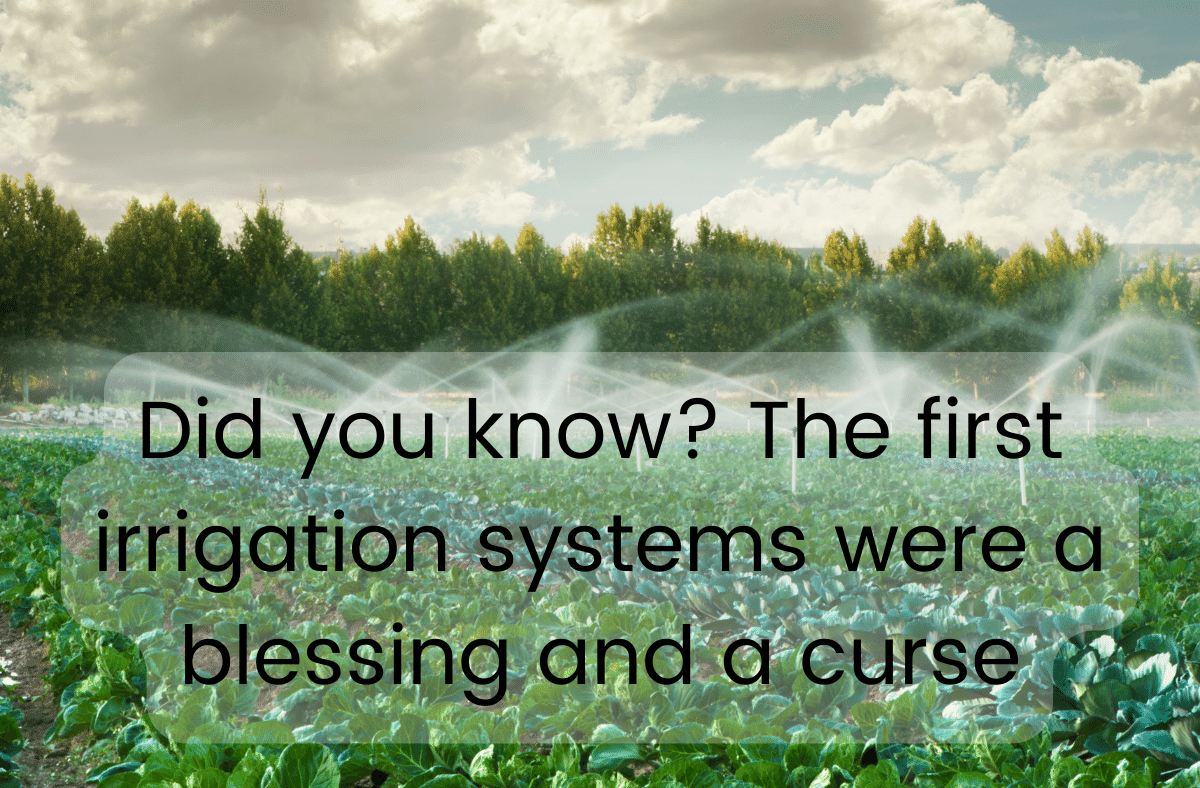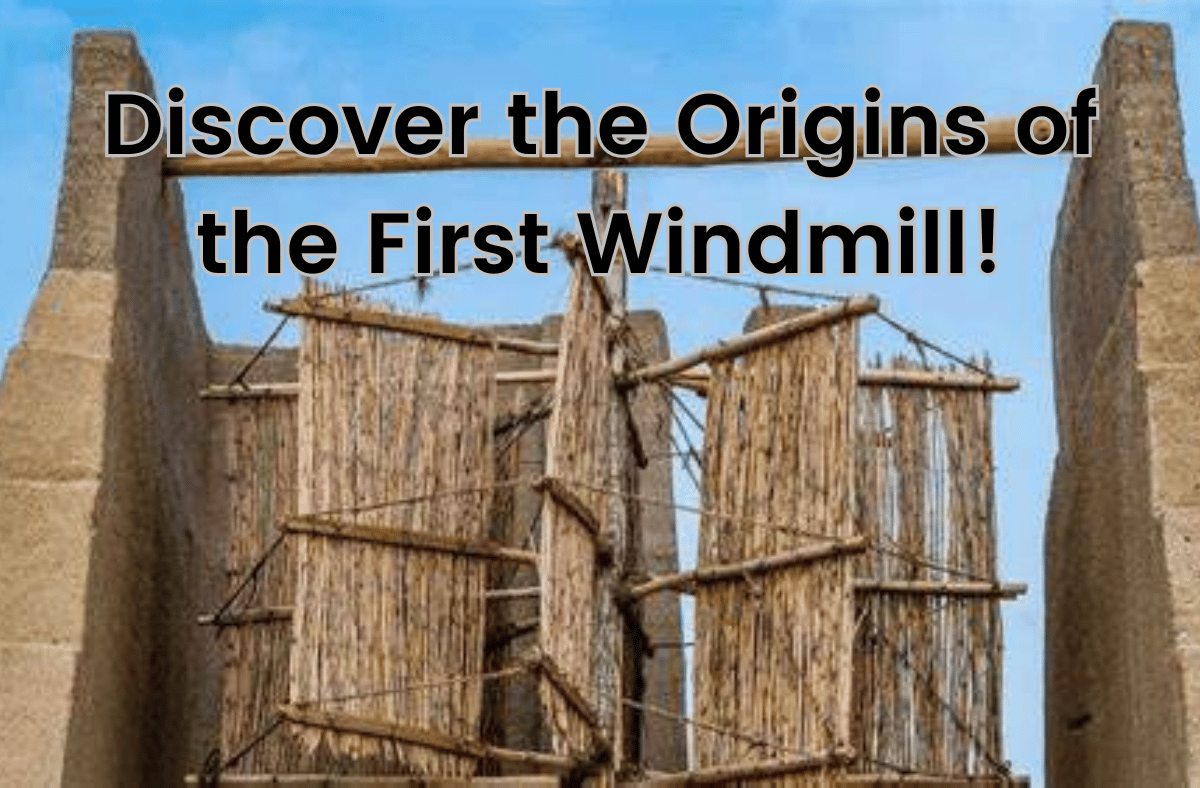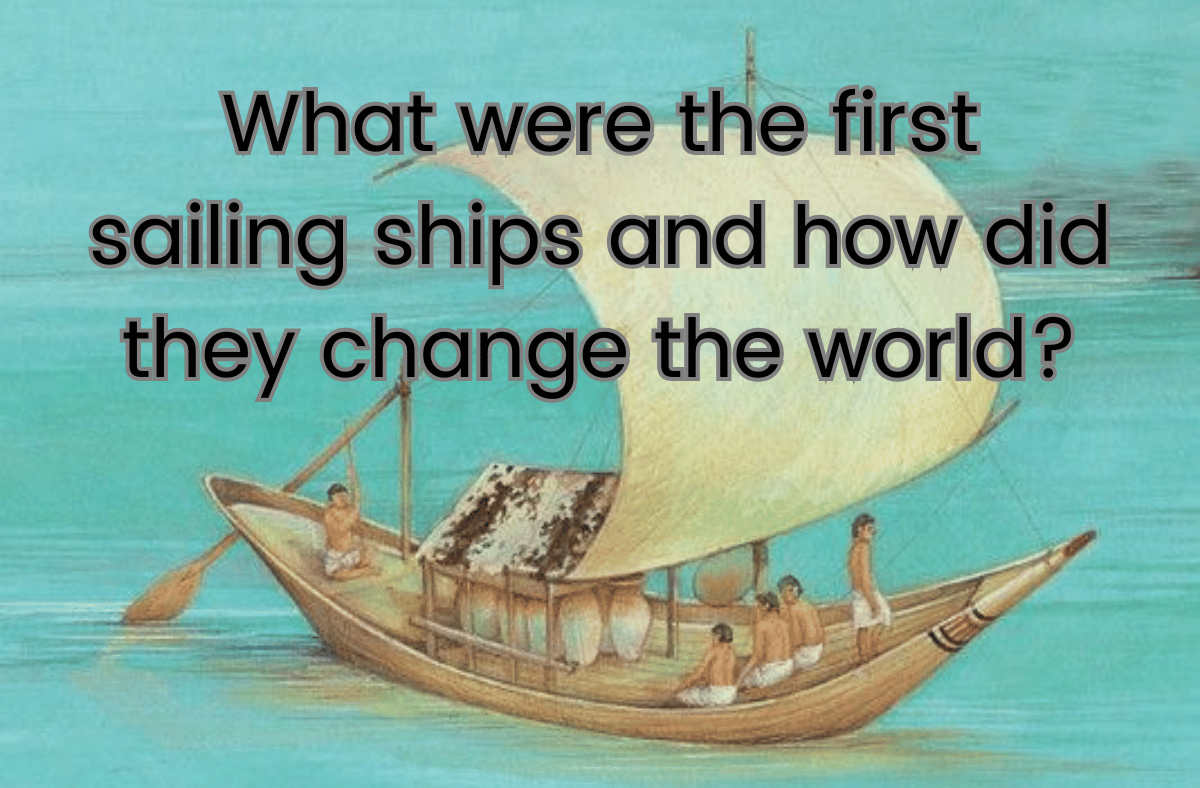For those in a hurry:
- The first irrigation systems were built in Mesopotamia and Egypt around 6000 BCE.
- They allowed people to grow crops in dry areas and create complex civilizations.
- They also caused floods, soil erosion, and water conflicts.
- Irrigation is still important today, but it needs to be managed carefully.
The first irrigation systems: what were they and how did they work?
Irrigation is the process of supplying water to land or crops to help them grow. The first irrigation systems were built by ancient people who lived near rivers or lakes. They used canals, ditches, pipes, or buckets to divert water from the natural sources to their fields. Some of the earliest examples of irrigation are found in Mesopotamia (modern Iraq) and Egypt, where people grew wheat, barley, dates, and other crops.
How did they change the world?
Irrigation had a huge impact on human history. It allowed people to grow more food and support larger populations. It also enabled them to create complex civilizations with cities, temples, palaces, and laws. Some of the oldest and most famous civilizations, such as Sumer, Babylon, and Egypt, depended on irrigation for their survival and prosperity. Irrigation also influenced culture, religion, art, and science. For example, the ancient Egyptians believed that the Nile River was a god who gave them life and fertility.
The first irrigation systems: what problems did they cause?
Irrigation was not without its drawbacks. It sometimes caused floods that destroyed crops and homes. It also caused soil erosion, which reduced the quality and quantity of the land. Irrigation also led to water conflicts between different groups of people who wanted to use the same water source. Sometimes these conflicts resulted in wars or invasions. For example, the Assyrians conquered many lands in Mesopotamia by controlling the water supply.
What can we learn from them?
Irrigation is still important today, as many regions of the world face water scarcity and climate change. However, we need to be careful about how we use and manage water resources. We need to avoid over-irrigation, which can waste water and damage the environment. We also need to cooperate with other users of water and respect their rights and needs. Irrigation can be a blessing or a curse, depending on how we use it.






















